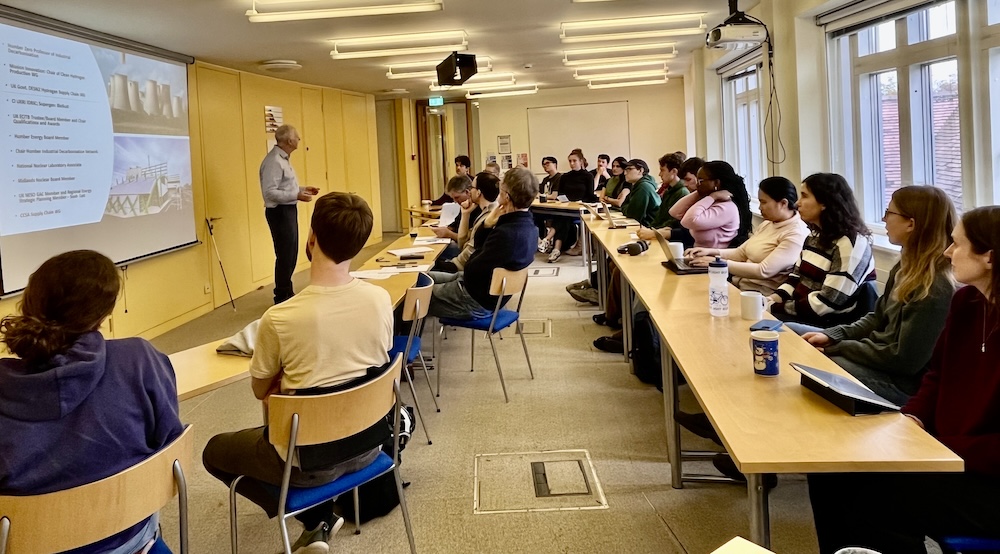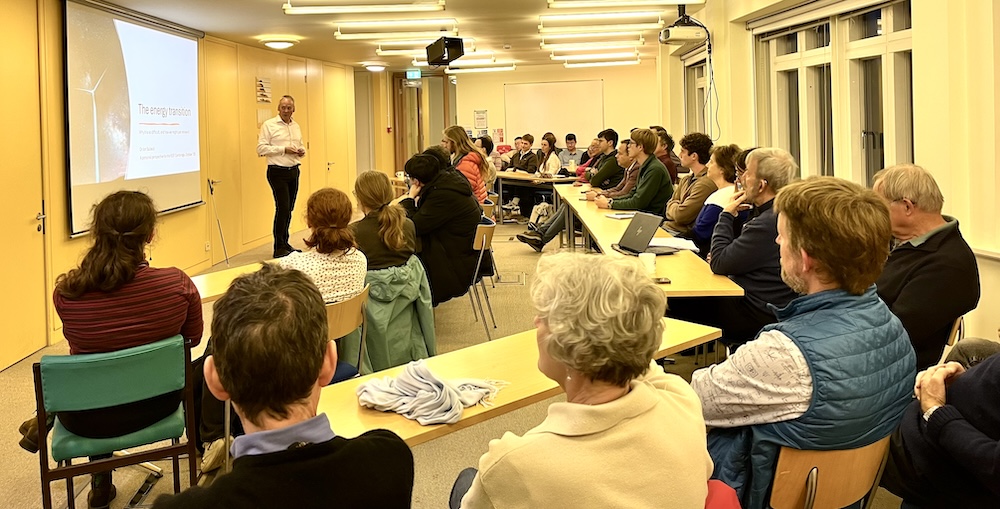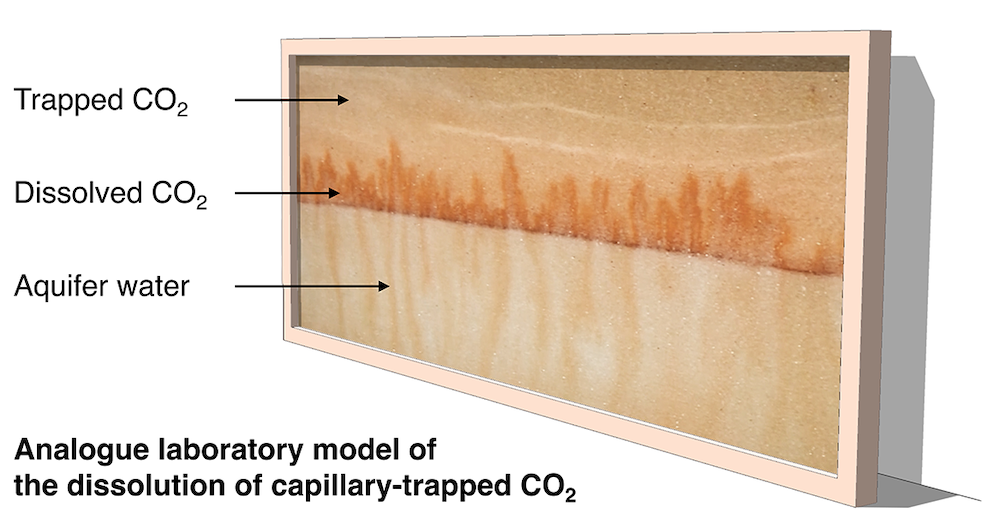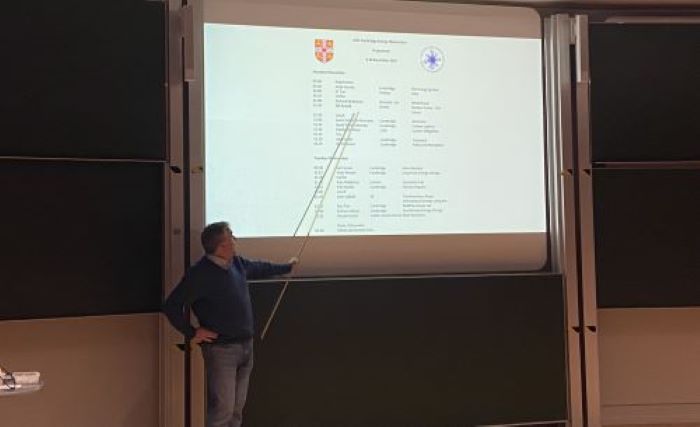Effects of permeability perturbations in porous media flow
One of the challenges with modelling subsurface flows is the uncertainty in measurements of geological properties, mostly due to limited resolution in observation methods. Typically, the observations of subsurface systems have a resolution of order 1 m, and this leaves a large amount of uncertainty in the small-scale variation in properties such as permeability. Many









